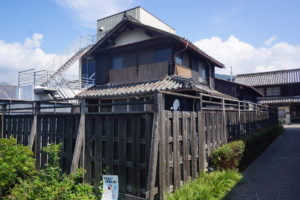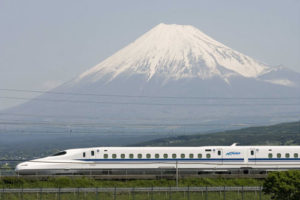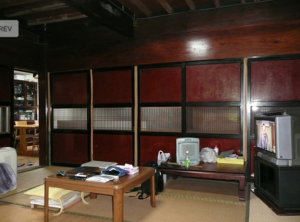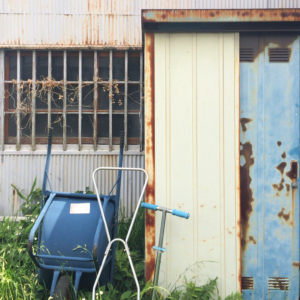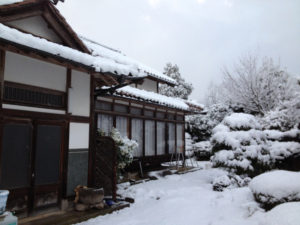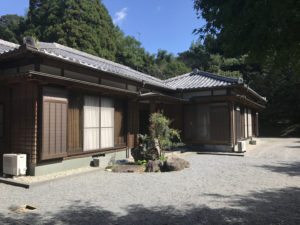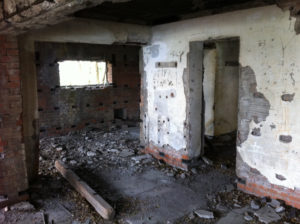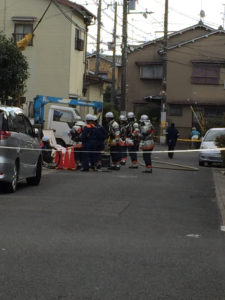Understanding Unbuildable Properties
(再建築不可物件) in Japan
Unbuildable properties, known as “Saikenchiku Fuka Bukken” (再建築不可物件) in Japan,
refer to parcels of land where new construction is legally prohibited.
This restriction remains in place even if there is an existing structure on the land—once that structure is demolished,
no new building can be built.
These properties are often located in areas where modern building codes and regulations have evolved, making older properties
non-compliant with current standards.

